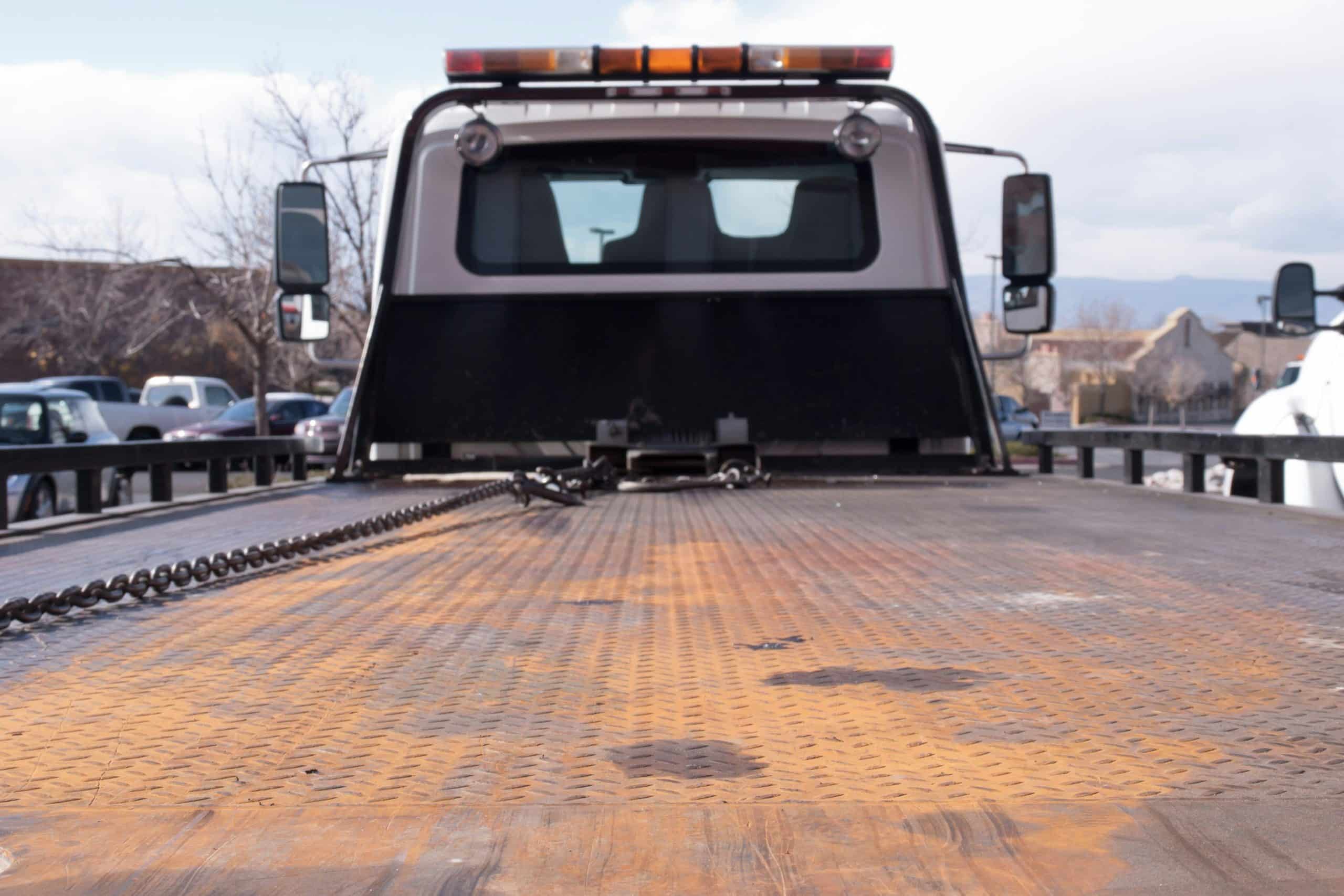Classic cars evoke nostalgia and admiration, but how do UK vehicles earn the coveted classic car status? Understanding the essential criteria is vital for collectors and enthusiasts alike. Factors such as age, rarity, and historical significance play a key role in this classification process. This guide sheds light on what it takes for your vehicle to be recognized as a classic, offering insights that can enhance its value and appreciate its heritage.
Definition of Classic Car Status in the UK
Understanding the classic car definition in the UK involves recognising specific criteria that set these vehicles apart from others. A classic car in the UK is typically considered to be a vehicle that is over 40 years old. This age criterion is pivotal, as it reflects both the historical significance and the preservation value of the car.
Also to see : What are the advantages of leasing versus buying a car in the UK?
The purpose of classifying cars as classics is to acknowledge their historical and cultural importance, often tied to their design, engineering, and the era they represent. This classification not only celebrates automotive heritage but also provides certain benefits, such as exemptions from road tax and MOT testing, contingent on meeting the UK classic car criteria.
Classic cars differ from other vehicle categories primarily in their age and the conditions they must meet to retain their status. Unlike modern vehicles, classic cars are appreciated for their originality and the story they tell about automotive history. This distinction helps enthusiasts and collectors preserve these vehicles, ensuring they remain a part of the UK's rich motoring legacy.
Also read : Selecting the Right Booster Seat for Older Kids: A Comprehensive Guide for UK Parents
Eligibility Criteria for Classic Car Status
To understand the eligibility criteria for a vehicle to be recognised as a classic car in the UK, one must first consider the age requirements. A vehicle must be over 40 years old to qualify. This age benchmark is crucial as it underscores the vehicle's historical and cultural significance.
Beyond age, additional classic car requirements include the vehicle's type and condition. The car should maintain its original design and engineering without significant modern modifications. This ensures that the vehicle retains its authenticity and historical value.
The Driver and Vehicle Licensing Agency (DVLA) plays a pivotal role in determining eligibility. They assess whether a vehicle meets the necessary criteria and grant classic car status accordingly. This status not only acknowledges the vehicle's heritage but also provides benefits such as exemptions from road tax and MOT testing.
In summary, the eligibility for classic car status hinges on age, originality, and DVLA approval, ensuring that only vehicles that truly represent the UK's motoring history are classified as classics.
Legal Requirements for Classic Cars
Navigating the legal requirements for classic cars in the UK involves understanding specific regulations and classifications. These regulations ensure that classic cars are preserved and maintained according to their historical significance.
Overview of Legal Definitions and Classifications
Classic car regulations begin with the vehicle's classification. A car over 40 years old typically qualifies as a classic, but it must also adhere to specific criteria regarding its originality and condition.
Importance of Vehicle Registration and Documentation
Proper vehicle registration is crucial. Owners must ensure their classic car is registered with the DVLA, reflecting its status accurately. Documentation, such as the V5C registration certificate, proves the vehicle's authenticity and eligibility for classic status.
Relevant UK Legislation Impacting Classic Car Status
Several pieces of UK legislation impact classic car regulations. The Historic Vehicle Taxation Class exempts eligible vehicles from road tax. Additionally, classic cars are often exempt from MOT testing, provided they meet certain conditions. These exemptions are part of the broader effort to preserve the UK's automotive heritage while ensuring these vehicles are roadworthy and safe.
Benefits of Classic Car Status
Owning a classic car in the UK comes with several benefits of classic car ownership that make it an appealing pursuit for enthusiasts. One of the primary classic car advantages is the potential for significant insurance benefits. Classic car insurance policies are often more affordable than those for modern vehicles, thanks to the perceived lower risk associated with these cherished automobiles. Insurers recognise that classic car owners tend to be more careful, resulting in potential cost savings.
Another compelling benefit is the tax exemptions available to classic car owners. Vehicles classified as classics are exempt from road tax, provided they meet the necessary criteria. This financial incentive is a considerable advantage, reducing the ongoing costs associated with maintaining a classic car.
Additionally, classic car status grants owners access to a vibrant community of enthusiasts through events and clubs. These gatherings offer opportunities to showcase vehicles, share knowledge, and connect with fellow aficionados who share a passion for automotive history. Participation in classic car events and clubs not only enhances the ownership experience but also fosters a sense of camaraderie among collectors and enthusiasts.
Insurance Implications for Classic Cars
Navigating the world of classic car insurance requires understanding the unique aspects that set it apart from standard insurance policies. Unlike regular vehicles, classic cars often enjoy specialised coverage that reflects their historical and cultural value.
Differences Between Standard and Classic Car Insurance
Classic car insurance policies are typically more affordable than standard ones, due to the lower risk associated with these vehicles. Insurers recognise that classic car owners usually drive less frequently and maintain their vehicles meticulously, which reduces the likelihood of accidents and claims.
Factors Influencing Insurance Premiums for Classic Cars
Several factors affect the premiums for classic car insurance. These include the car's age, condition, and market value, as well as the owner's driving history and the intended use of the vehicle. Limited mileage and secure storage can further lower premiums, as they indicate reduced risk.
Recommended Insurance Providers for Classic Car Owners
For those seeking classic car insurance, providers like Hagerty, Footman James, and Lancaster Insurance are often recommended. These companies specialise in offering tailored coverage that caters to the specific needs of classic car enthusiasts, ensuring both protection and peace of mind.
Step-by-Step Application Process for Classic Car Status
Obtaining classic car registration in the UK involves a detailed application process. Initially, an assessment of the vehicle's eligibility is crucial. This involves confirming that the car meets the age requirement of over 40 years and retains its original design and engineering.
Once eligibility is established, the next step is gathering the necessary documentation. Owners must complete the appropriate forms, including the V5C registration certificate, to prove the vehicle's authenticity and compliance with the classic car registration criteria. Additional documents may include historical records or photographs that support the car's status.
After submitting the application, applicants should understand the typical timelines involved. The application process can vary, but generally, it takes a few weeks for the DVLA to process and verify the information. During this period, applicants can expect communication from the DVLA if further clarification or additional documentation is needed.
By following these steps, classic car enthusiasts can successfully navigate the application process, ensuring their vehicle is officially recognised and enjoys the benefits associated with classic car status.
Resources for Classic Car Owners
Navigating the world of classic cars is made easier with access to a variety of classic car resources. These resources provide valuable support for classic car owners, helping them maintain and enjoy their cherished vehicles.
Overview of Official Resources and Organisations
Numerous official organisations offer support for classic car owners. The Federation of British Historic Vehicle Clubs (FBHVC) is a key player, advocating for the interests of historic vehicle enthusiasts and providing guidance on regulations and preservation.
Recommended Websites for Classic Car Enthusiasts
Several websites are invaluable for enthusiasts seeking classic car resources. Classic & Sports Car Magazine offers articles and reviews, while Car and Classic provides a platform for buying, selling, and discussing classic vehicles.
Local Clubs and Communities for Networking
Joining local clubs can be a rewarding way to connect with fellow enthusiasts. These clubs often organise events, providing opportunities for networking and sharing knowledge. Examples include the Vintage Sports-Car Club and regional branches of the Classic Car Club. Engaging with these communities can enhance the ownership experience, offering camaraderie and support in maintaining classic cars.
Maintaining Classic Car Status
Preserving the classic car status of your vehicle requires diligent classic car upkeep. Regular maintenance is crucial to ensure the car remains in optimal condition. This involves routine checks on the engine, brakes, and other mechanical components to prevent deterioration. Additionally, preserving the original paintwork and interior is essential for maintaining authenticity.
Proper documentation is vital for ongoing eligibility. Keeping detailed records of repairs, restorations, and maintenance helps validate the car's status. This documentation not only supports its historical value but also aids in future assessments by the DVLA.
However, maintaining classic car status can pose challenges. Sourcing authentic parts can be difficult, as they may no longer be in production. Furthermore, balancing originality with necessary updates for safety and performance is a delicate task. Enthusiasts often face the dilemma of preserving originality versus implementing modern modifications.
To navigate these challenges, classic car owners should connect with clubs and communities for advice and support. Engaging with fellow enthusiasts can provide insights into sourcing parts and maintaining authenticity, ensuring the vehicle continues to meet the classic car criteria.
Case Studies of Classic Car Applications
Exploring classic car case studies reveals insights into successful applications and the experiences of owners. One notable example is the restoration of a 1965 Jaguar E-Type, which involved meticulous attention to maintaining its original features while updating necessary components for safety. This project highlights the importance of balancing authenticity with modern requirements.
Another successful application involves a 1972 Ford Capri. The owner navigated challenges such as sourcing authentic parts and ensuring compliance with classic car regulations. This case underscores the need for thorough research and networking within the classic car community to overcome obstacles.
Lessons Learned from Common Pitfalls
Classic car enthusiasts often face pitfalls like neglecting proper documentation and overlooking minor maintenance issues. These can lead to complications in retaining classic status. By learning from these experiences, owners can better prepare, ensuring a smoother journey in their classic car ownership.
Testimonials from Classic Car Owners
Testimonials from owners, like John, who restored a 1968 Mini Cooper, emphasise the rewarding nature of preserving automotive history. John shares, "The joy of driving a piece of history, knowing the effort invested, is unparalleled." These stories inspire others to embark on their own classic car journeys.
Future Trends in Classic Car Classification
The future of classic cars is poised for intriguing developments, particularly with the rise of electric vehicles (EVs). As EV technology advances, questions arise about how these innovations will impact the classic vehicle status of traditional petrol-powered cars. While the charm of vintage engines remains, the push for sustainability might lead to hybrid or fully electric conversions becoming more acceptable, potentially altering the criteria for classic classification.
Evolving Regulations and Their Implications
The regulatory landscape for classic cars is continually evolving. Future trends indicate stricter emissions standards and environmental policies, which could influence the classic vehicle status. Owners may need to adapt by incorporating eco-friendly technologies without compromising authenticity. This evolution presents both challenges and opportunities for enthusiasts, as they navigate maintaining historical integrity while adhering to new regulations.
Predictions for the Classic Car Market in the UK
Predictions for the UK classic car market suggest a growing interest in preserving automotive heritage, despite technological shifts. Enthusiasts are expected to continue valuing the historical and cultural significance of classic cars. However, market dynamics may shift, with increased demand for vehicles that balance traditional aesthetics with modern innovations, ensuring the future of classic cars remains vibrant and relevant.
















